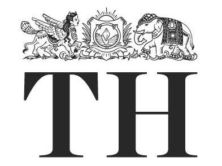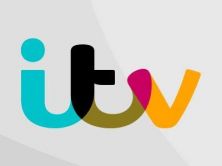
The New Zealand Law Commission proposes a super media watchdog in the above report. (Credit: Law Commission)
New Zealand may see a “super watchdog” to regulate all media — whether it be online or in print, traditional or new media, Stuff.co.nz reported.
The proposal was made by New Zealand’s Law Commission in a Dec. 12 “issues paper,” titled “The News Media Meets New Media.” According to 3News, “The regulator will be independent of Government and the news media, while the tribunal will operate at a lower level to courts and can grant take down orders when content breaches the law and causes serious harm.” According to the Law Commission’s website, it is an independent, but government-funded group that “reviews areas of the law that need updating, reforming of developing.”
The paper’s summary notes that there are “two options” for media regulation membership: news media outlets could choose to participate, or”some categories of news media” like “general news services” must join. See here the Dec. 12 published report. According to the report’s summary and the Law Commission’s Cate Brett, the commission “was asked to review” New Zealand’s media regulation by the government in Oct. 2010.
Each type of media would have its own code, but all would be regulated by the one watchdog. This would replace the separate Press Council in charge of print media and the Broadcasting Act for broadcasters, Stuff.co.nz explained. We wrote to The Law Commission’s Cate Brett to ask if that would be codes of conduct or codes of ethics.
Noting that the proposal will likely evolve, Brett told iMediaEthics by e-mail “the idea at this stage is that all news media would be subject to fundamental journalistic principles, such as a commitment to accuracy, but that different news mediums and delivery platforms may need to develop codes of practice which are suited to that medium, reflecting the different characteristics of that medium – for example, current affairs bloggers are often opinionated and partisan, so the traditional ‘fairness and balance’ standard may not be appropriate, but commitment to factual accuracy and transparency ( with respect to conflicts of interest etc. ) may be.”
Other proposals include granting bloggers who “adhere to journalistic standards” certain “privileges” and holding them to a typical “complaints process.”
The commission is calling for any submissions by the public for ideas or “alternative options” by mid-March. 3News noted that “The paper is not a response to bad behaviour and it was initiated before media inquiries in the UK and Australia.”
We also wrote to New Zealand’s press council asking for its take on the proposal.






Comments Terms and Conditions